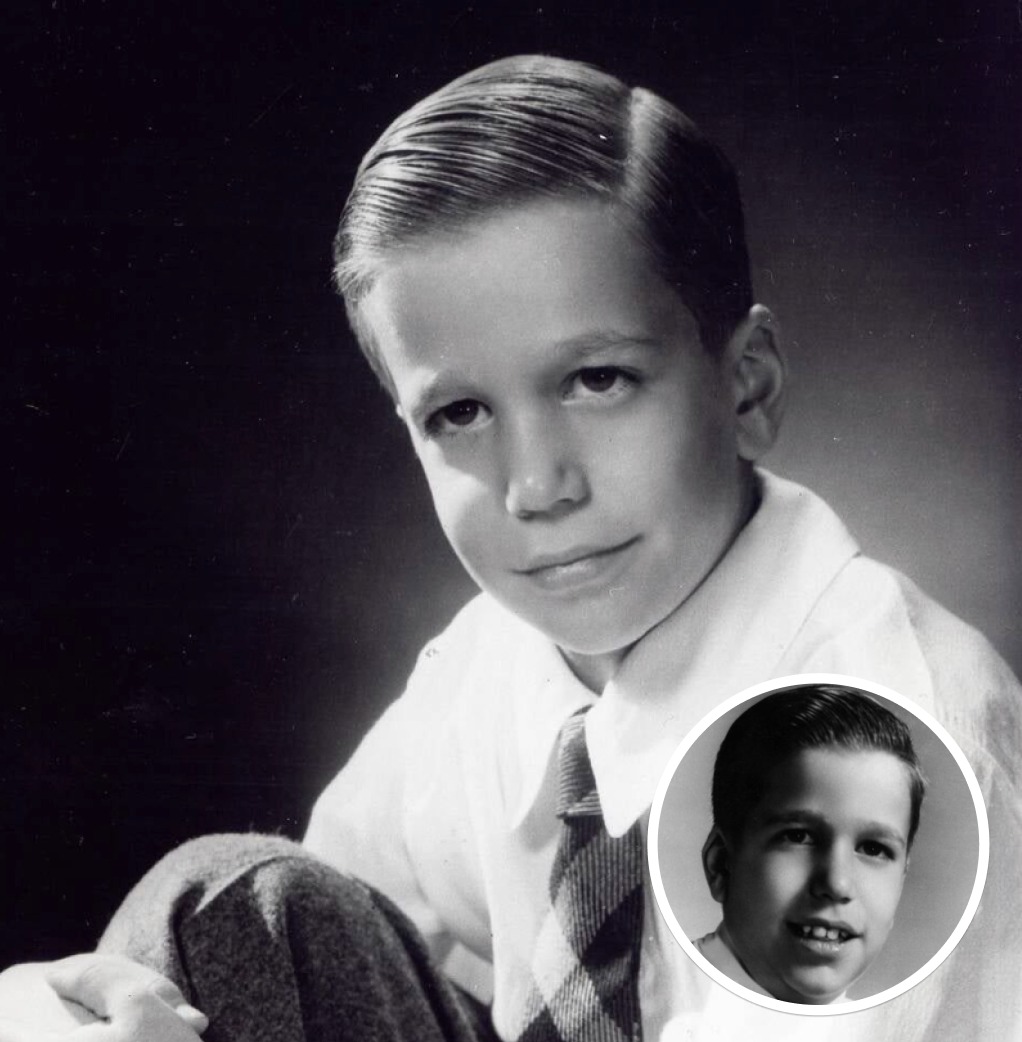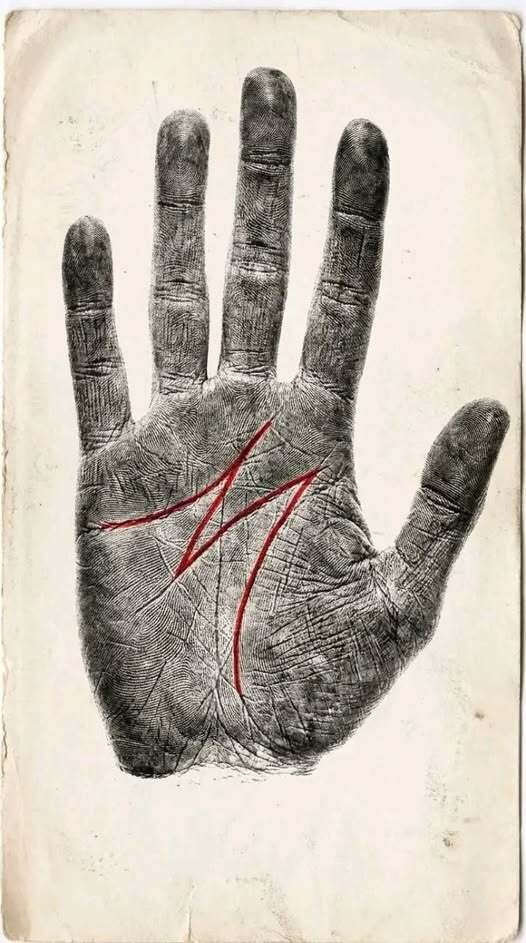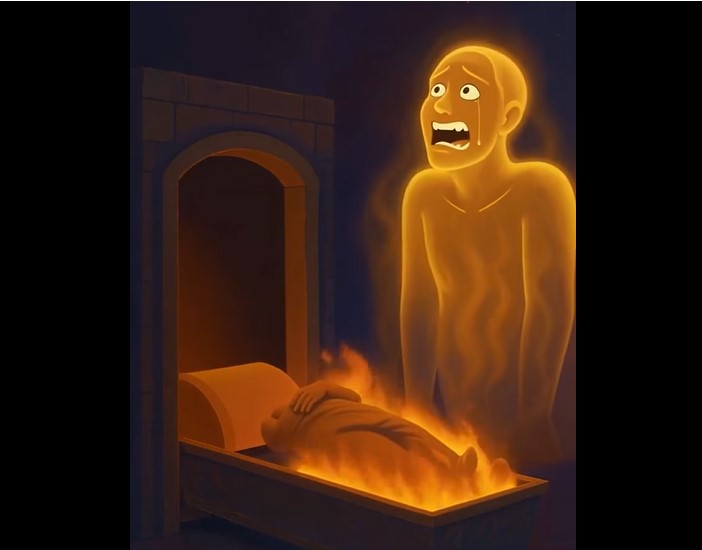He Was Called ‘Dumb’ Because He Couldn’t Read Until Age 31 Yet He Became Famous And Loved By Millions
**Henry Winkler**, beloved for his iconic role as *“The Fonz”* on **Happy Days**, is opening up about a lifelong struggle that remained hidden even as he rose to fame. Behind the charm and confidence of his legendary character, Winkler was quietly battling **dyslexia**—a learning difference he didn’t discover until adulthood.
The Emmy-winning actor revealed he was **diagnosed at age 31**, only after his stepson was tested in school. “Everything the doctors described about him sounded exactly like me,” Winkler recalled. “It was the moment I realized I wasn’t stupid—my brain was just wired differently.”
Growing up, school was a painful experience for Winkler. Teachers labeled him lazy, classmates mocked him, and he was often punished for poor grades. The shame and frustration from those years followed him well into his acting career. Even while starring in *Happy Days*, reading scripts was a daily challenge. Winkler relied on **memorization and improvisation**, often reworking lines to suit his strengths. “Producers would say, ‘That’s not how it’s written,’ and I’d tell them, ‘I’m giving you the essence of the character,’” he shared.
His diagnosis brought both clarity and emotional healing. “It changed everything,” Winkler said. “I finally understood why I struggled, but it took years to rebuild my confidence.”
Today, Winkler has transformed his greatest challenge into a powerful mission. Once unable to finish a single book, he is now a **bestselling author** of over **30 children’s books**, co-written with **Lin Oliver**. Their popular series—*Hank Zipzer* and *Here’s Hank*—follow a young boy with dyslexia, helping kids see their struggles reflected with humor and hope. His latest book, *Detective Duck*, continues that legacy.
“Struggling to read has nothing to do with intelligence,” Winkler insists. “Your imagination is your superpower.”
Now in his late 70s, Henry Winkler uses his voice to remind children everywhere: learning differently is not a limitation—it’s a different path to brilliance.






Post Comment